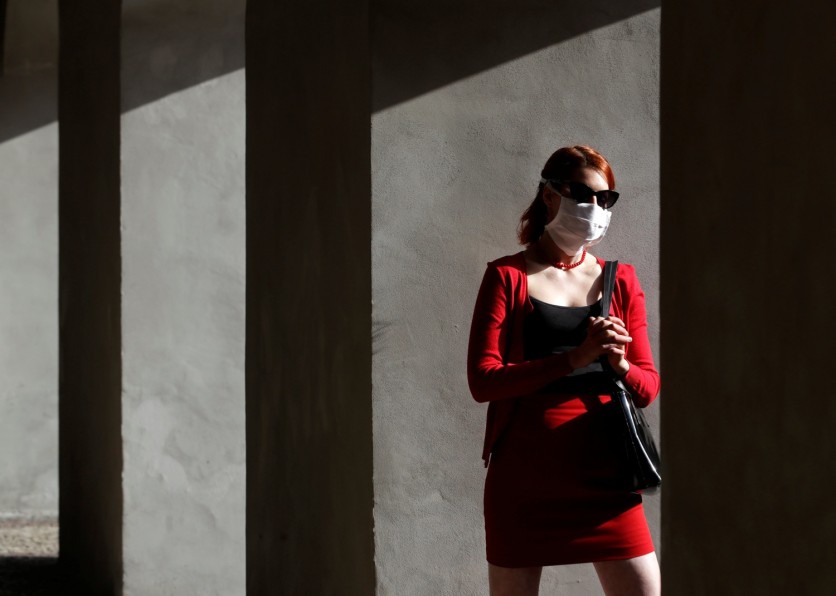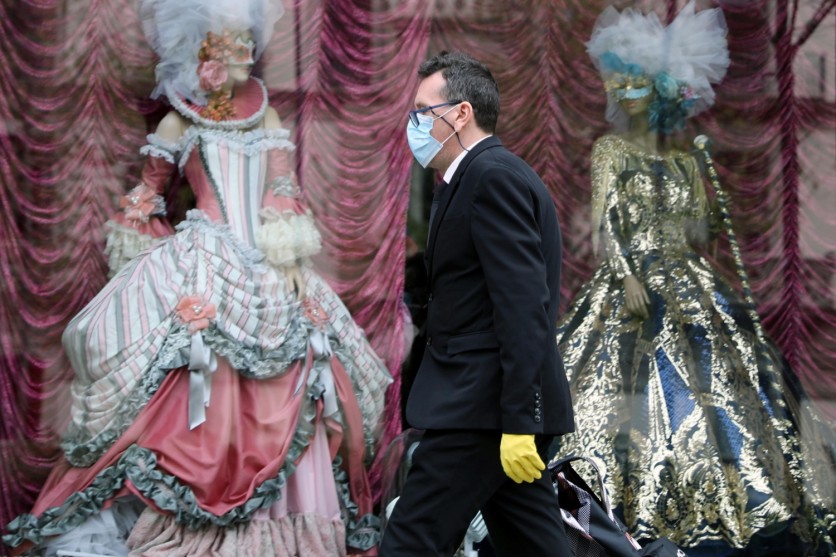
It's not unusual to see someone wearing a surgical mask in China before the coronavirus outbreak, as facial recognition is frequently used for surveillance systems. Now, a Chinese company is claiming it could now identify someone by facial recognition even if they are wearing surgical masks.
While China employs a number of the world's most sophisticated structures of electronic monitoring, the coronavirus has posed a particular hassle for surveillance in the hope of heading off the virus.
ALSO READ : FACE MASKS INCREASE RISK OF CORONAVIRUS! Surgeon General Warns of Unnecessary use of Face Masks
For thermal sensor monitoring?
According to Reuters, Hanwang Technology Ltd claims it was able to develop this facial recognition gadget by using thermal sensors.
Hanwang Vice President Huang Lei told Reuters the innovation can measure body temperature while identifying the person's name. The system would then process the result, say if it detects a temperature over 38 degrees.

The agency used a database of pix of 6 million unmasked faces and a smaller set of pics of masked faces to increase the software program. It's already been on the market since last month, and Huang claims it can detect 30 humans per second. He claims the software is 95 percent accurate when used on masked faces. Chinese police are already working with it.
Huang desires this era to be used across the world, and the company presently has around 200 customers in China with plans to get extra soon. The machine still does combat to pick out people while carrying masks and glasses, so it appears it can not recognize human beings efficiently over time.
ALSO READ : Thermometer Guns Used By Coronavirus Front Lines Are 'Notoriously Not Accurate;' Should We Be Scared?
Losing facial information
When it involves other surveillance equipment being used in the fight against the coronavirus, there have been a few complaints on social media about it. However, most people appear to be accepting other ways or maybe embracing it as a method to cope with the health emergency.
China's surveillance nation is hugely controversial, as it's been used to track and "subdue" thousands and thousands of Uighurs in the country, that's a Muslim minority in China that have reportedly been detained in indoctrination camps intended to force them to adopt what they view as an appropriate cultural value.
Many anti-surveillance activists have given ways to use face paint, hairstyles, and different methods for beating facial recognition software. The system struggles to identify humans with both a mask and sunglasses, Huang told CNBC.
He said all the critical facial records are lost in that situation, adding that recognition is challenging in that setup. It's no longer clear if those strategies would work with this new facial popularity system that's been evolved in China.
The agency has around 200 clients in Beijing using the technology, consisting of the police, and assume scores higher throughout 20 provinces to start installing it soon, Huang said.
As those systems come to be more sophisticated, they'll definitely emerge as tougher and more challenging to beat.




